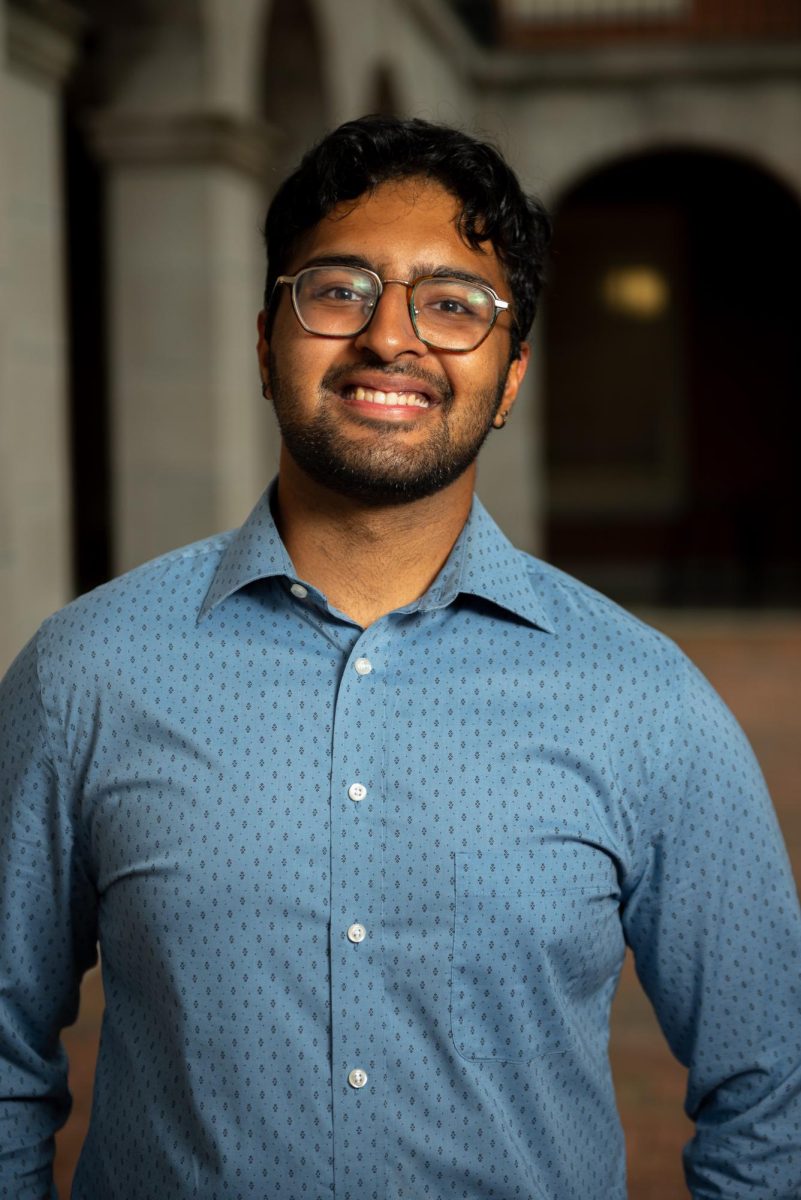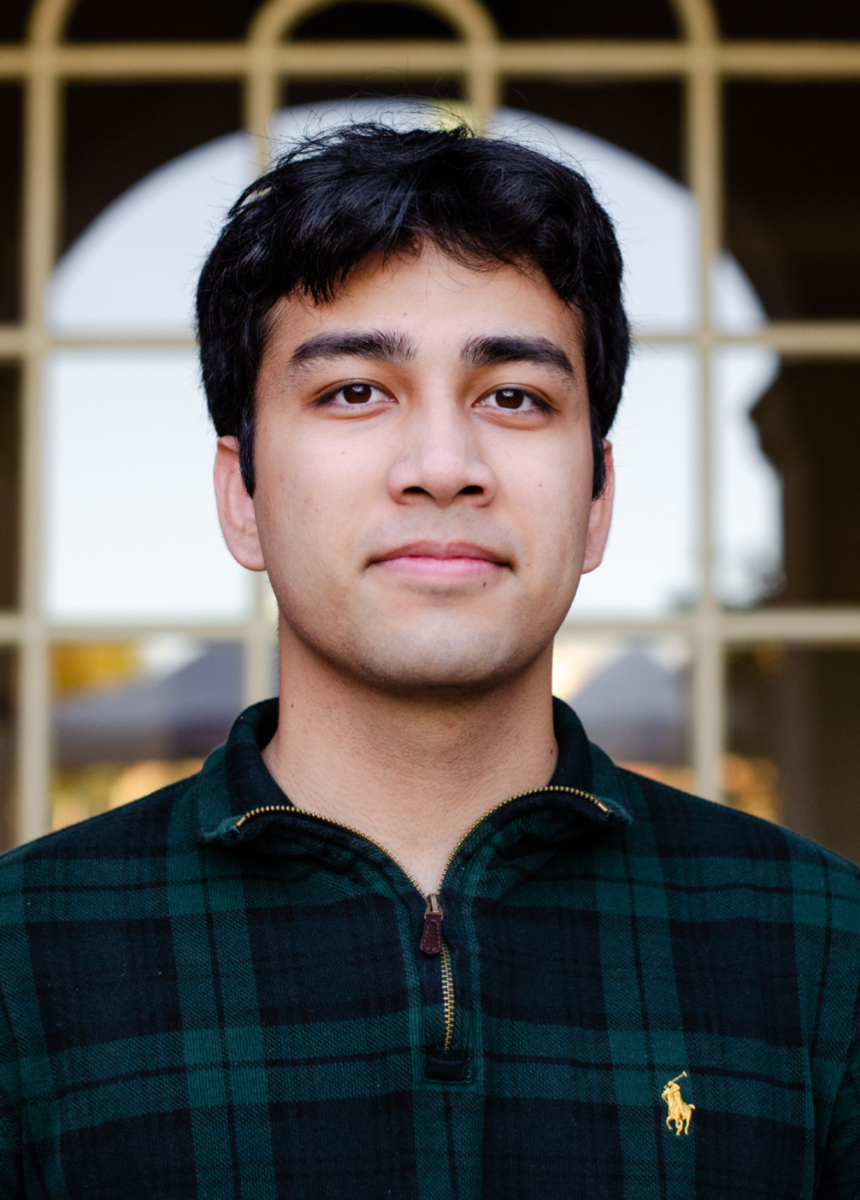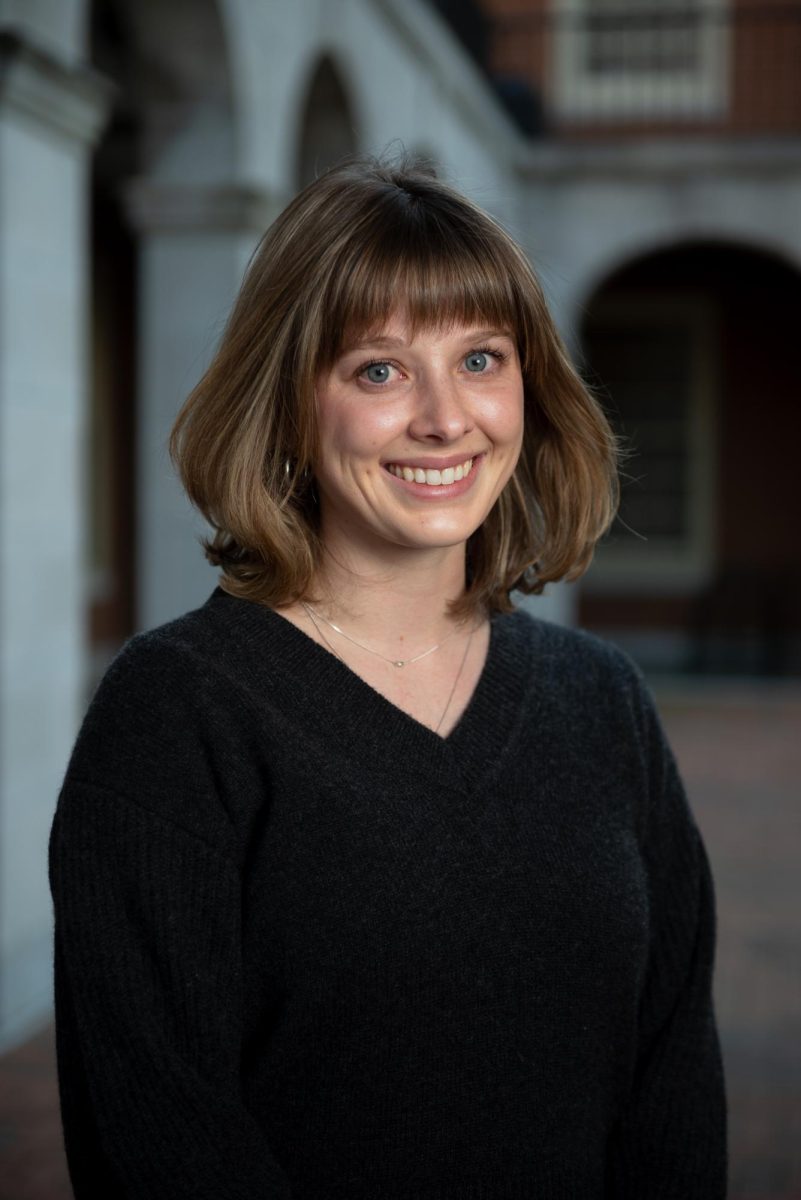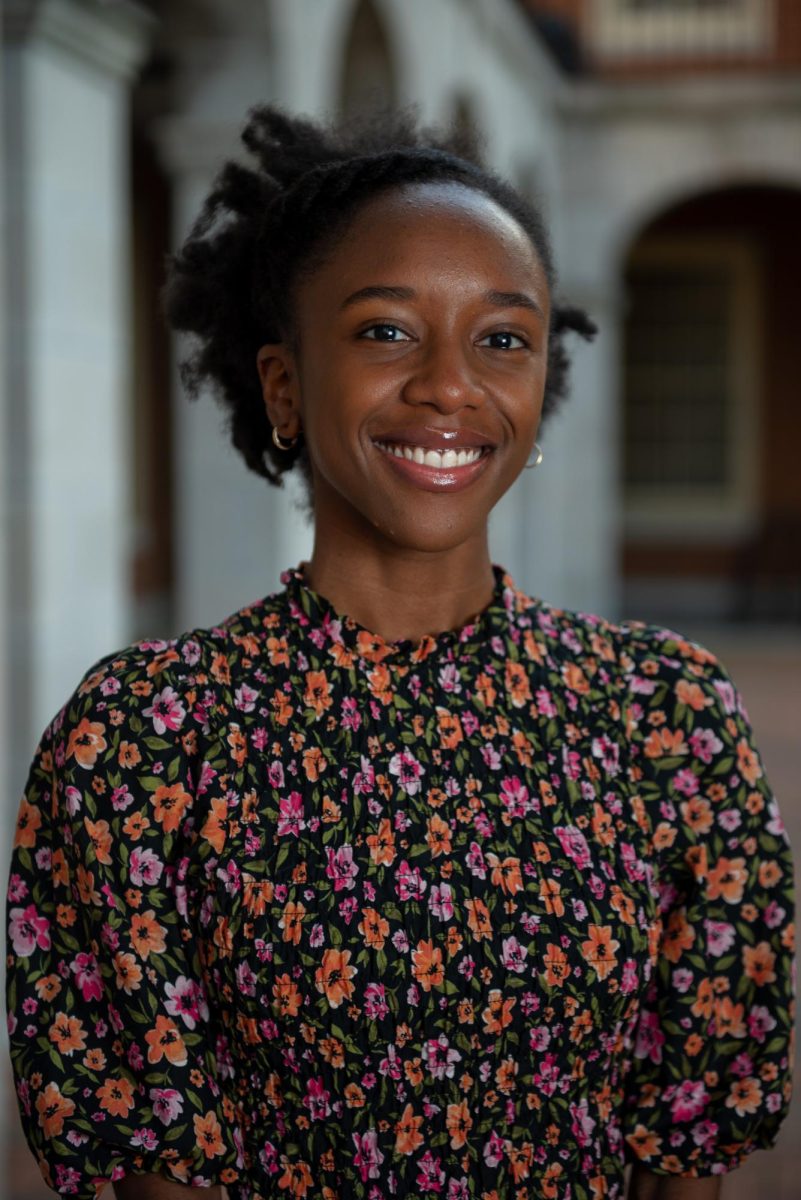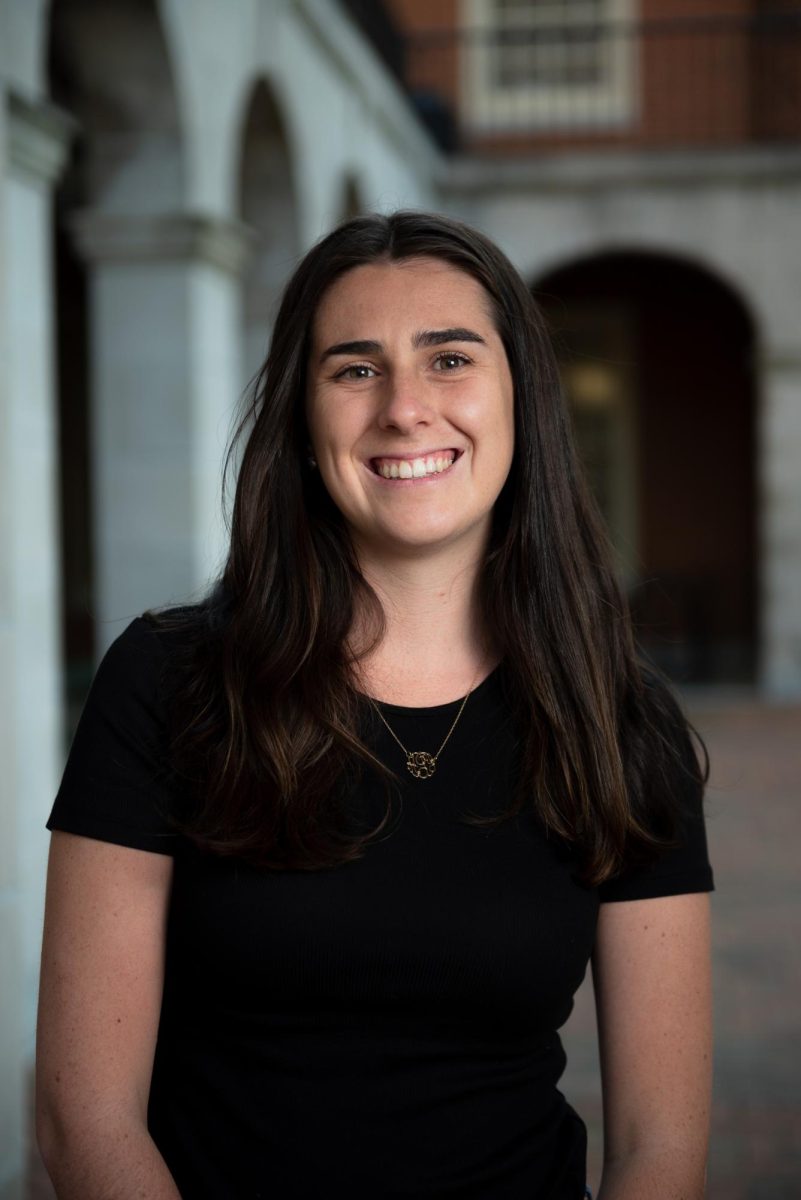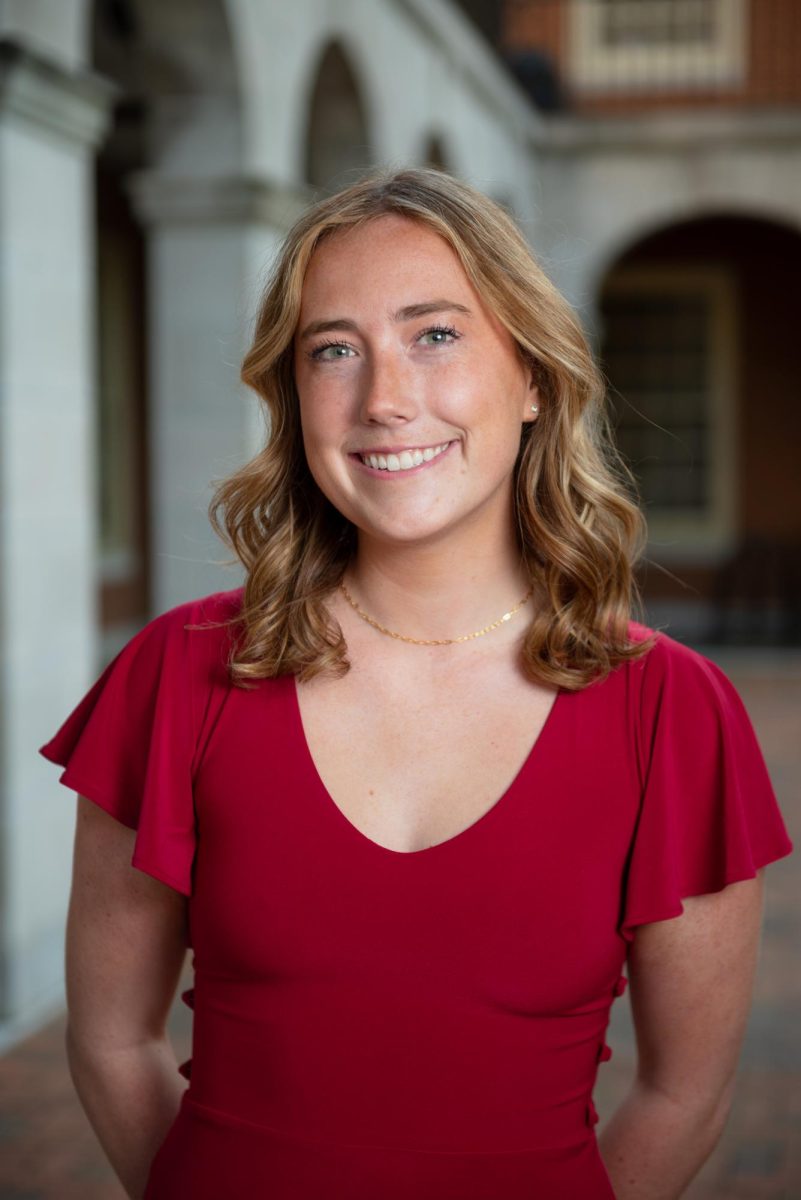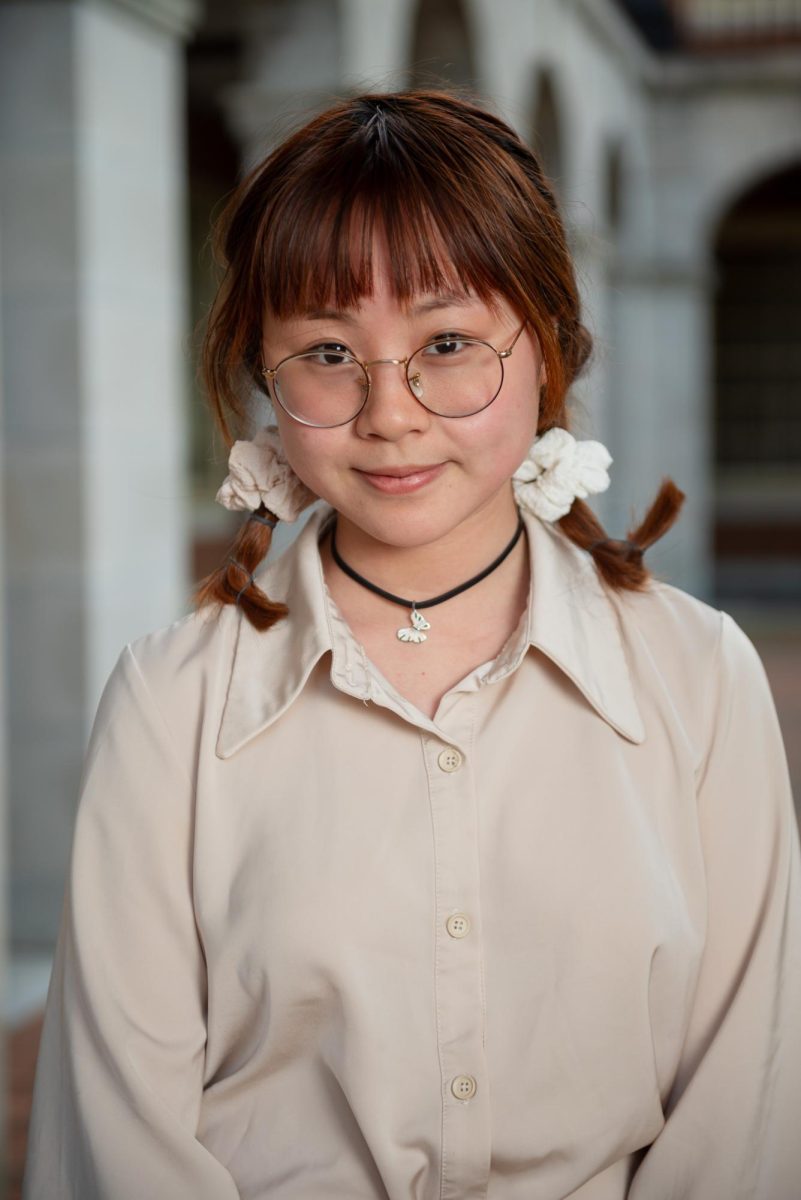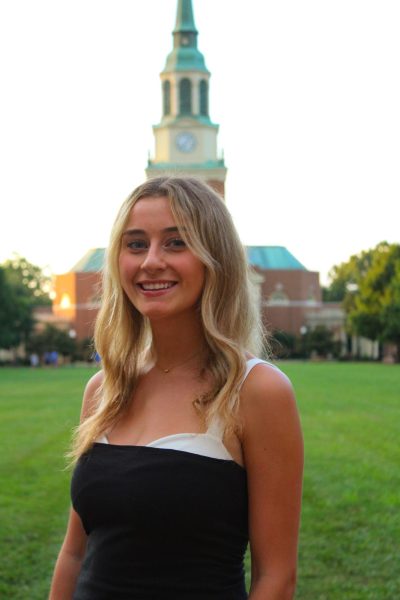Josh Singh comes from a big public high school in New York City, where not many choose to attend Wake Forest after graduation. What originally attracted him to the university was its liberal arts education and the freedom it gave him in picking his major. He could take his time and decide what he was interested in, rather than being forced to apply to a certain program.
When he visited for the first time, he realized that Wake Forest was a far cry from New York City.
“So I came down. I saw the campus, [and] I was like, wow, this is so different [from] concrete everywhere,” Singh said. “… I think this could be a place where I would enjoy spending my next four years, and that’s kind of how I found my way down.”
As a freshman, Singh came into school knowing that he wanted to major in politics but was unsure if he wanted to explore any other areas of study. The summer before starting school at Wake Forest, he got an email from the school telling him that he had placed out of any 100-level history classes and that he could take a 300-level class to fulfill the divisional requirement instead. Because of that, he was able to take “A History through Bollywood.”
He fell in love with the class, and it marked his introduction to the history major.
The next semester, he took another class with the same professor, Dr. Raisur Rahman, and for his final paper, he wrote about Indo-Guyanese Americans, a topic that was important to him because he himself is an Indo-Guyanese American.
“Dr. Rahman actually told me that I could take [this study] further in the history major,” Singh said. “Learning more about that family history and then charting my own path and studying something that was not even really offered by the university — and he said, ‘Hey, you can do that.’ And so that was the moment when I realized that I was going to be a history major because it was going to allow me to explore that interest.”
From then on, Singh began to chart his own course throughout the major. In an independent writing class, he was able to continue his study of the Indo-Guyanese. He used the Richter scholarship to go to Guyana and Trinidad and Tobago, where he was able to visit the archives and talk to historians.
“I think that was one of the things I really loved and enjoyed about the major … just this ability to chart an independent course and study things that really resonate and are important to me,” Singh said.
Rahman was an important point of support for Singh throughout his studies in the major.
“He has always been very supportive, like helping me with the Richter scholarship or allowing me to get my thesis done as a sophomore instead of as a senior,” he said. “I wouldn’t have really been able to do it without his mentorship because he showed me little shortcuts or pathways through.”
The department also sponsored him to present at a conference at Winthrop University to talk about his research.
“I went down there, and I was able to give a talk about my research, which was amazing because it was like PhDs and professors,” Singh said. “I was on a panel with professors as a third-year in college, so that was great.”
After graduation, Singh will work for Booz Allen Hamilton in Washington, D.C., doing Space Force consulting.
“I’m excited to use D.C. as a place to understand more of what I want to do in the future and obtain the resources there,” Singh said.



